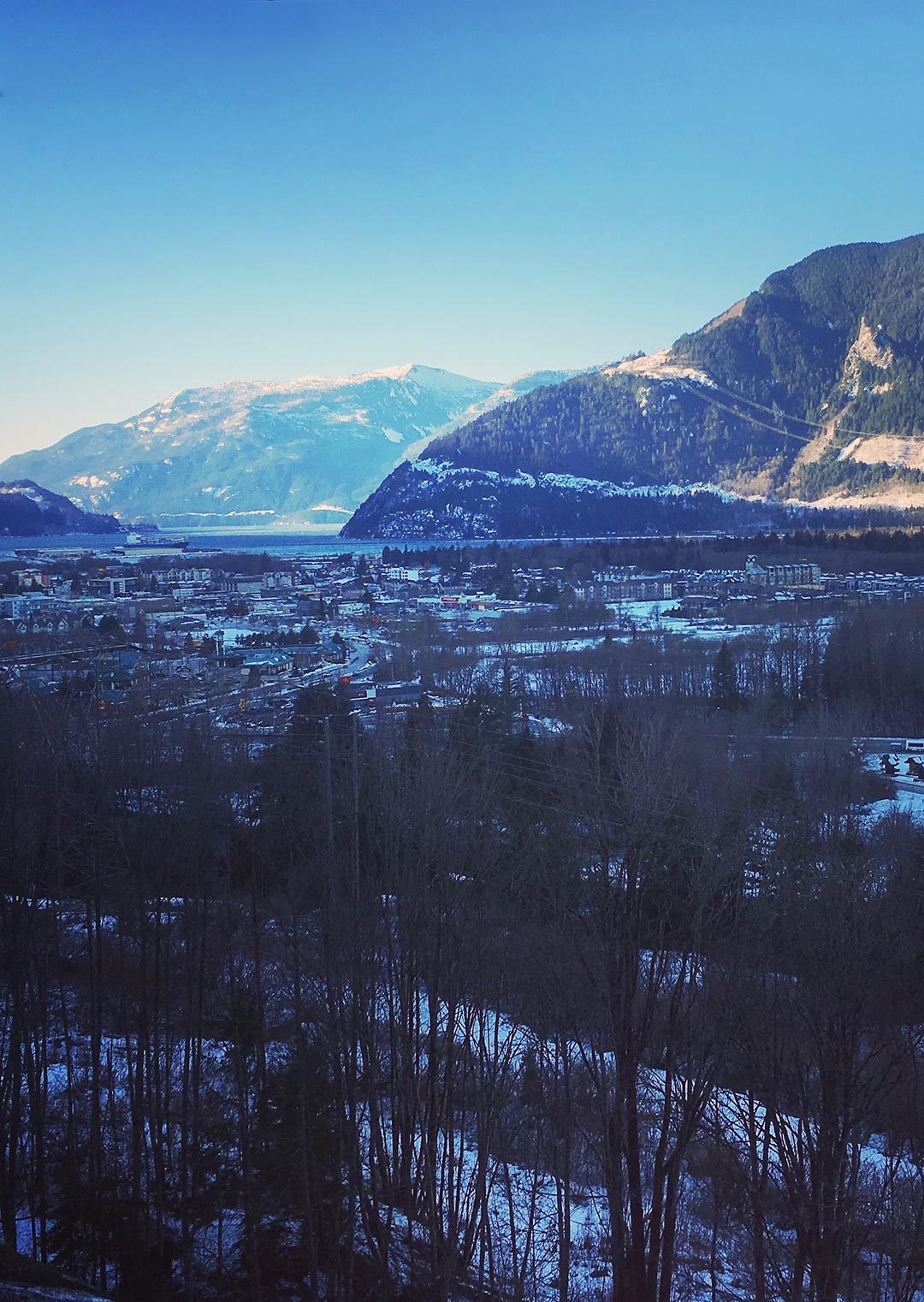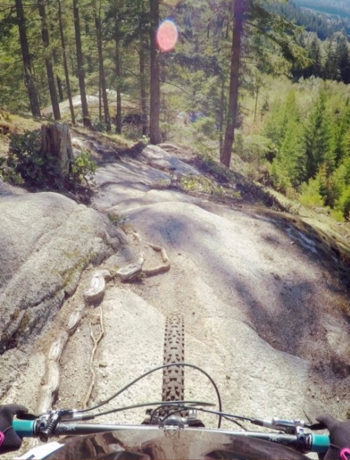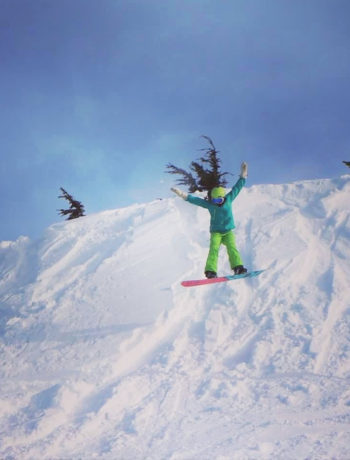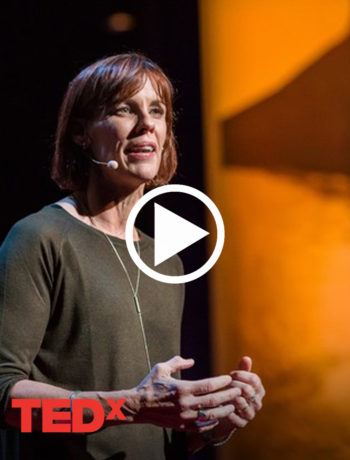Mountain life urban planning
I’m sure you can agree, at times it feels as though the world is spinning out of control, growth is happening faster than Brandon Semenuk ripping at Red Bull Rampage—And it feels like there’s nothing we can do about it.
For those of us who live in Squamish, this is our escape— into to the mountains. Squamish is our place of refuge, where no matter what is going on around us, a mountain is still a mountain. Where we can set off in solitude into the woods without technology or even a hint of the era we’re living in. This is our happy place. We must protect it.
Thousands of visitors are captivated each year by Squamish’s outdoor beauty and adventure lifestyle. Slowly but eagerly people like me moved here, because I fell in love with the breathtaking scenery, the vibe, the mentality and the spirit. Now that I’m here I think to myself… “okay guys I made it, if you can please close and lock the doors now!” Don’t let the secret get out that Squamish is mind-blowing awesome!
The big question I hear around town is whether the growth will cause Squamish to eventually lose it’s mountain town charm. With the metropolitan-style development pressures, can we keep the small-town feel of knowing our neighbours, community support, less traffic, cheaper housing and access to nature?
Behind Freinemy Lines
Social psychology has suggested that people identify with like-minded individuals and will take action if their identity is threatened by outsiders. It’s beneficial having other people around them who are a lot like they are. Not that different is bad, but living alongside people who want the same things out of life means that more of those things will be supplied conveniently and swiftly.
We could hire Trump to build us a biiig wall, but that’s not our style. In order to make every effort to preserve our Squamish vibe, our community of like-minded people need a platform for growth. With the right communication between the city, its people and the developers, there will be less ambiguity and it will feel more like a community designed by the people for the people.
Squamish Blue Zone
A few years ago scientists discovered the first “blue zones”—isolated geographic areas where people live extraordinarily long, healthy and happy lives, free from many common ailments such as cancer and heart disease and who live beyond the age of 100 at up to 10 times the normal rate. The blue zone secrets were unpacked and the formula has now been calculated and is being prescribed for replication to cities around the world.
The general trends in Blue Zones are the same. Residents live in walkable communities; they eat a plant-based diet; their life is rich with purpose, they have low stress levels and a slower pace of life and they partake in unconscious physical activity through things such as walking, bike lanes and trails, parks, gardens and dogs!
The supermarkets and schools within Blue Zones also play their part in making the city healthier. Doing things such as shifting the merchandising and menu to weigh heavily on whole healthy foods instead of junk food, and restocking vending machines with water and healthier foods instead of the typical soda pop, chips and cookies.
The urban planning ensures well-lit streets that allow you to feel safe both day and night, benches throughout where you can chat with friends, as well as covered outdoor areas that offer protection from the elements. There must be convenient public, private and volunteer transportation as well as wide sidewalks and bike lanes. The design of development is organic in form and encourages connection to neighbours and values pedestrians over vehicles, resulting in a very local feel.
I think the zest-factor in the Blue Zone platform is that it looks at the city’s health holistically. It’s not about singular verticals making decisions separate from each other, it’s about every decision stemming from the city’s core values. Decision-making considers opportunities for residents to meet new people, create new connections, improve their lives with volunteer work or new hobbies, improving workplaces and making it easier for people to move naturally, make new friends and eat healthy.
Blue Zone scientists have found that when people live a long time it’s a result of their environment, not because of willful intent on their part.
Squamish it seems has some of the blue zone ingredients already present, but I believe if we take further cues from Blue Zones, we can create a sustainable platform for the future of Squamish life. Changing the way a community moves, eats and connects requires working with local governments, businesses, developers, engineers and schools, but it’s a worthwhile endevour to start early in a rapidly growing community such as Squamish.
If you build it, they will ride
Achieving goals for growth and development while maintaining the distinctive rural character will take a good strategy. Growth is inevitable, but it doesn’t have to be a bad thing. New residents bring with them new ideas, skill sets, disposable income, etc. These newbies can team up with us to do things such as; Support our local entrepreneurs and business’, build and maintain our trail network and create new cultural and outdoor initiatives, sports and events.
We can get resistant or we can get creative. We have a lot of smart savvy people here in Squamish. We’ve even been called the Silicon Valley of the north. With our mountain life mindset, cheerful optimism and entrepreneurial spirit, this obstacle of growth can be an opportunity to show other cities how it’s done.
—
Further Reading:
Bluezones
Blue Zones: Rethinking the American Landscape
The Blue Zones of Happiness





No Comments